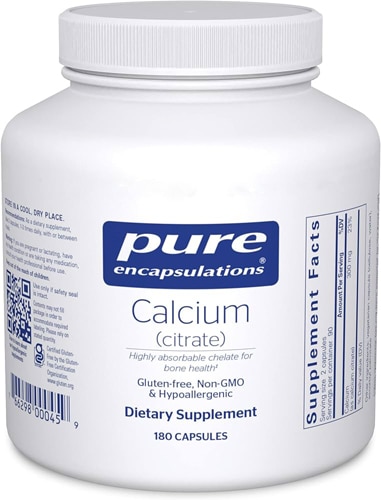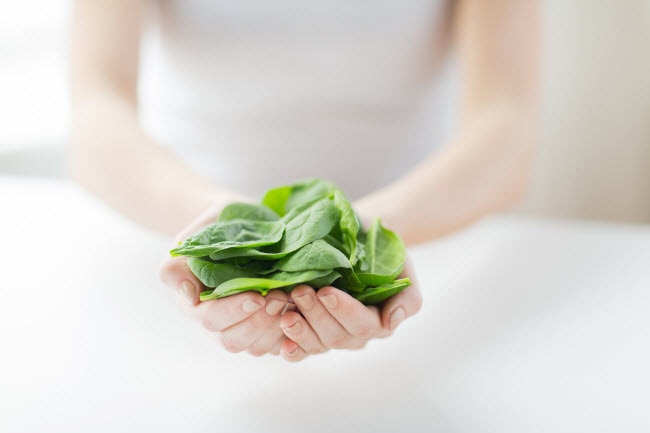For years, the debate has raged: Is nutrition or exercise more important to building bone mass?
Getting the answer right is important, because increased bone mass helps stave off medical problems such as osteoporosis, a condition in which bones become brittle and fragile from loss of tissue.
Now, researchers at the University of Michigan have found clues that shed light on the important role of diet in preventing bone loss.
After comparing exercise and mineral supplementation in mice, the researchers concluded that nutrition plays a bigger role in helping the rodents build strong bones.
The findings suggest that the long-term consumption of a mineral-supplemented diet might help people prevent loss of bone and strength with age, even for those who don’t exercise, the researchers say.
Why you need to build bone mass
The key years for building bone mass occur when you are young, says Dr. Andrea Singer, chief medical officer for the National Osteoporosis Foundation.
“As children and adolescents grow, their bone mass increases until it reaches what is called ‘peak bone mass,’” Singer says.
About 90 percent of peak bone mass is reached by age 20, and the remainder by age 30. This peak bone mass represents “the greatest amount of bone an individual will attain,” she says.
Having strong bones at this age can pay dividends down the road. “People who have higher peak bone mass reduce their risk of osteoporosis later in life,” Singer says.
Osteoporosis is responsible for approximately 2 million broken bones in the U.S. every year, Singer says.
Strong bones also help you improve posture and balance, and help support your body through all types of activity.
“Everyone should be concerned about their bone health,” Singer says.
How to build bone mass
The University of Michigan researchers’ findings are a reminder of the importance of diet in building strong bones. Foods that help build strong bones are rich in:
- Calcium
- Vitamins D, C and K
- Magnesium
Fortunately, getting enough of these nutrients is relatively simple.
“Be sure to eat a well-balanced diet with plenty of dairy, fish, fruits and vegetables to make sure you’re getting enough of the nutrients you need to build strong bones,” Singer says.
The National Osteoporosis Foundation website offers a detailed list of foods that are good for your bones. They include:
- Fish, such as canned sardines and salmon with bones
- Dairy products, such as low-fat and nonfat milk, yogurt and cheese
- Fruits and vegetables, including a wide variety ranging from broccoli and potatoes to oranges and strawberries
Staying fit also is an important aid to building strong bones. “Exercise can strengthen bone in the same way that it can strengthen muscles,” Singer says.
She suggests exercising several times a week, and including:
- Weight-bearing exercises. Activities where you move against gravity while staying upright. Examples include weight training, walking or running, hiking, climbing stairs, tennis and dancing.
- Muscle-strengthening exercises. Activities where you move your body, a weight or some other resistance against gravity.
“It’s also important not to smoke and to limit alcohol intake,” Singer says.
Building bones at any age
The younger you are when you make these changes, the better. But you can improve bone strength at any age, Singer says.
“You’re never too young or too old to improve your bone health,” she says. “Osteoporosis and the broken bones it causes are not a normal part of aging.”
Singer notes that a variety of factors -- both modifiable and nonmodifiable – can put you at risk for developing osteoporosis. She recommends talking with a healthcare provider about your risk factors and then crafting a plan to protect your bones.




